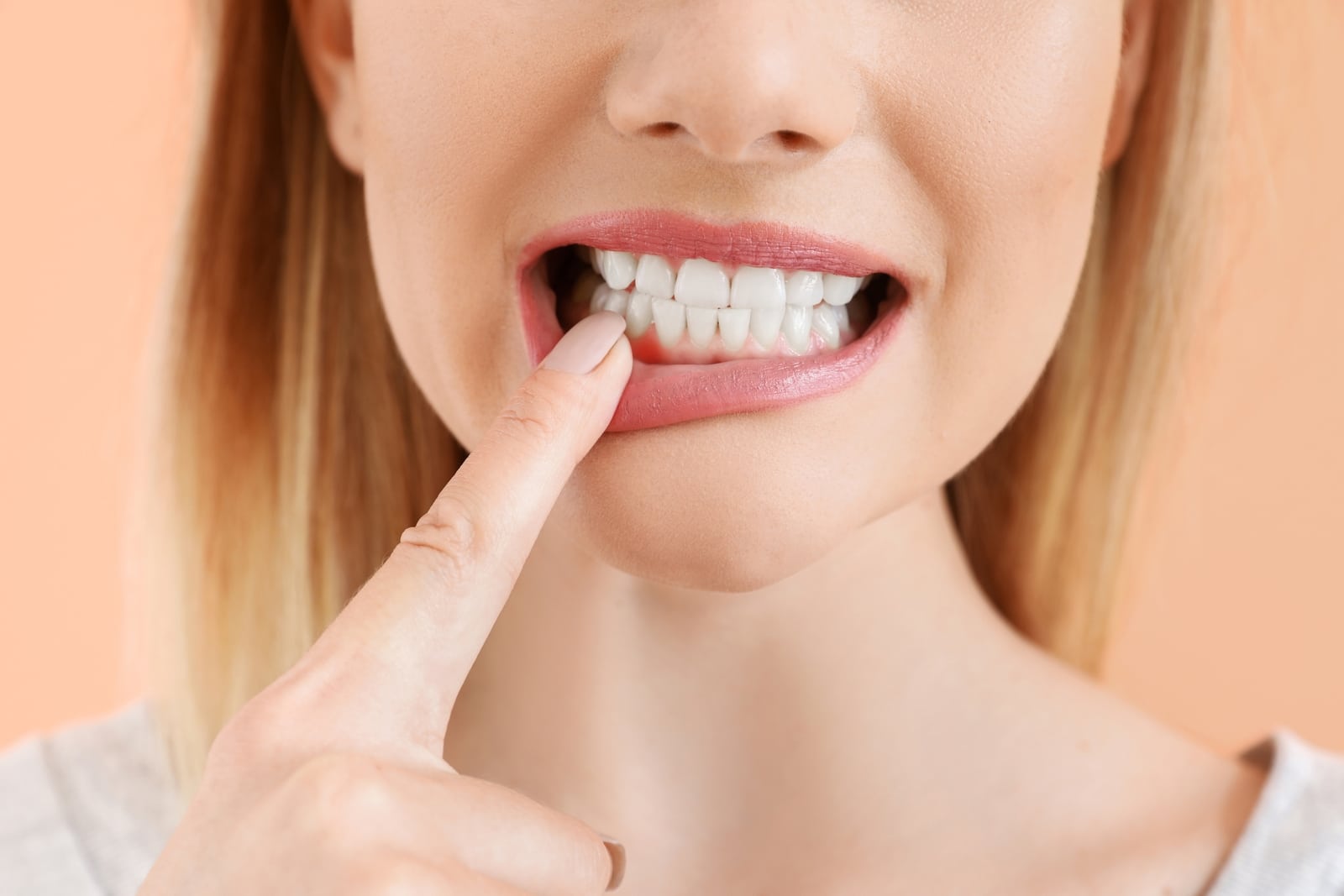Periodontal Care IN Grants Pass, OR

what is periodontal care?
Periodontal care refers to a number of different treatments that are intended to help control, manage, and reverse gum disease. More than half of all adults have some type of gum disease, and many are unaware that they even have this condition. But with the help of Dr. Anderson at A Street Dental, you can diagnose, treat, and manage your gum disease to keep your mouth healthy. Contact us now for a consultation.
DID YOU KNOW…
Ready to schedule your consultation?
how it works: what to expect during your perio appointment
comprehensive oral exam
First, your Grants Pass dentist will examine your mouth and look for common signs of gum disease like bleeding gums, gum recession, and gum inflammation.
x-rays
diagnosis & discussion
developing your treatment plan
follow-ups
our periodontal services
deep cleaning (scaling & root Planing)
Deep cleaning, also called “scaling and root planing,” involves cleaning deeply between the teeth and gums with special dental tools. It takes two appointments, with one half of the mouth being cleaned at each. Dr. Anderson will clean bacteria and plaque away from between your teeth and gums, smooth out the roots of your teeth, and provide you with antibiotics to help prevent bacterial buildup in the future.


